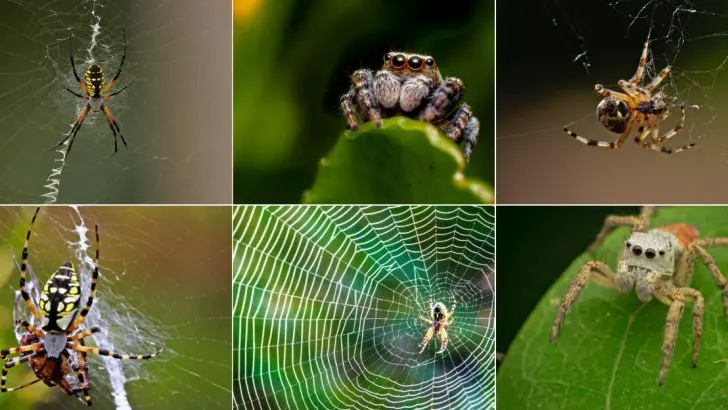Spiders aren’t villains—they’re the unsung heroes of your garden. Forget the horror stories. They’re not out to get you. They’re out to get the bugs that actually ruin your plants. That creepy crawly in the corner? It’s a natural-born pest control agent. A silent, eight-legged warrior keeping your tomatoes safe from aphids. Still tempted to squash? Hold that thought. Because a lot of what we think we know about spiders is just plain wrong. From web myths to bite drama, it’s time to pull back the curtain. We’re busting 15 of the biggest spider lies ever told— And shining a light on why your garden might be begging for more webs. So take a deep breath, shake off the shivers, and meet the garden guests you never knew you needed.
Myth 1: Spiders Are Aggressive towards Humans
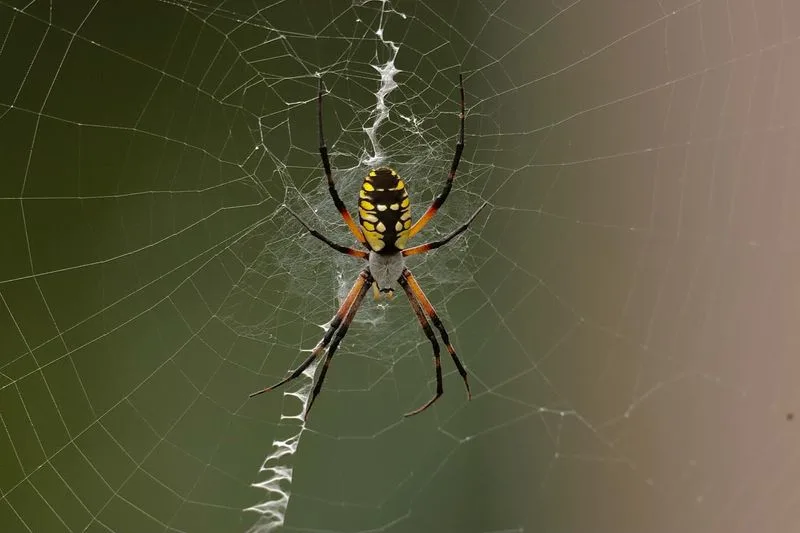
Contrary to popular belief, spiders are not out to get humans. Most garden spiders are shy and prefer to avoid human interaction. If you stumble upon one, it’s likely to scuttle away rather than engage. Their primary focus is hunting insects, which they do with precision and patience.
By reducing the population of harmful insects, they protect your plants without the need for chemical pesticides. This natural pest control is invaluable, particularly in organic gardens. Remember, their “hostile” appearance is just a misunderstood façade, masking a rather timid creature.
Myth 2: Spiders Are Poisonous
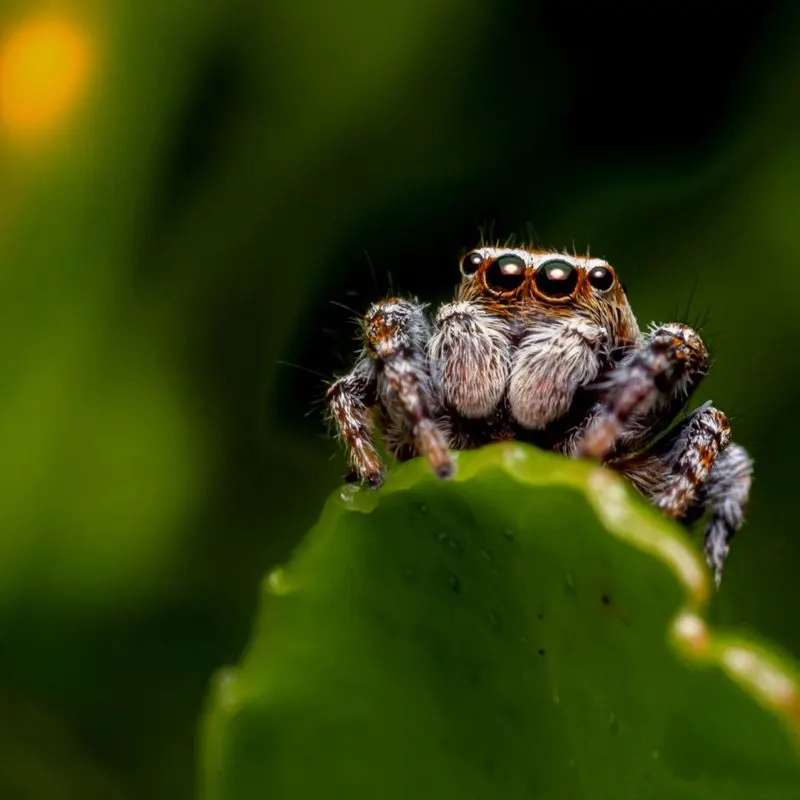
While it’s true that all spiders possess venom, very few pose any danger to humans. Garden spiders, in particular, have venom that is harmless to us. Their tiny fangs are designed to subdue small insects, not humans.
Spiders play a crucial role in maintaining the balance of your garden by keeping pest populations in check. Their presence indicates a healthy ecosystem, where natural pest control methods are at work. By embracing these arachnids, you help foster a safer and more harmonious garden environment.
Myth 3: Spiders Are Dirty Creatures
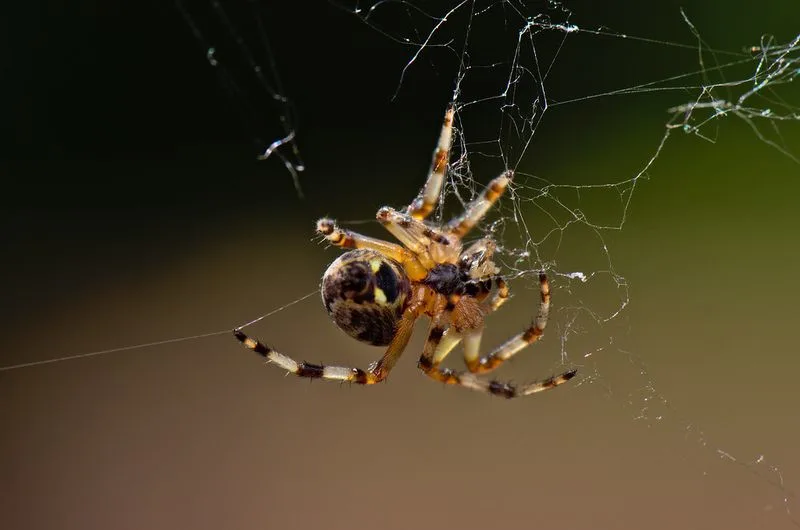
Spiders are often mistakenly associated with dirt and filth, but they are quite the opposite. These creatures are meticulous groomers, constantly cleaning their legs and webs.
Their webs not only catch prey but also help trap dust and other impurities, playing a role in keeping the garden air clean. By maintaining their webs, spiders ensure they are effective in trapping insects, not dirt. Next time you see a spider’s web glistening with dew, appreciate its role in your garden’s cleanliness.
Myth 4: Spiders Are Solitary and Lonely
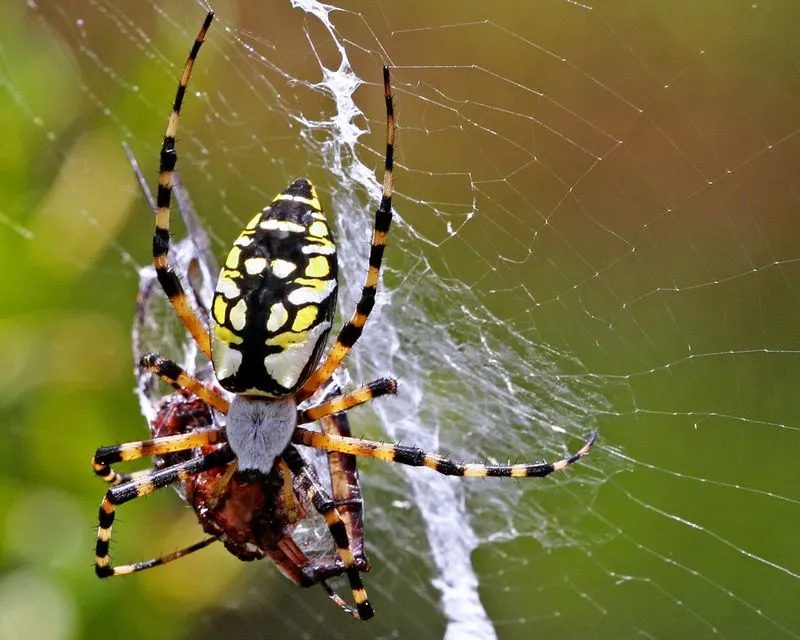
Although known for their solitary nature, some garden spiders are quite social. You’ll occasionally find them sharing webs or spaces, especially if the food supply is abundant.
This communal behavior is beneficial as it allows them to cover larger areas for catching prey. By working together, they contribute to a more effective pest control system in your garden. This cooperation, though rare, showcases their adaptability and the dynamic balance within the animal kingdom. Spiders, in their quiet way, teach us community strength.
Myth 5: Spiders Only Build Webs
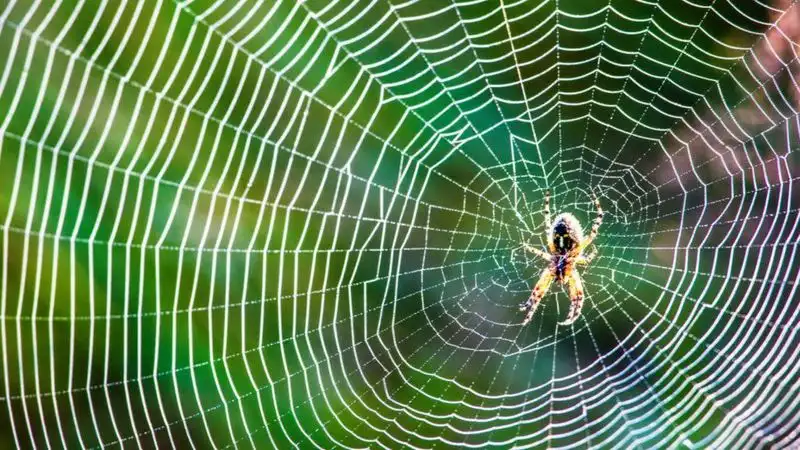
Not all spiders rely on webs to catch their meals. Some garden spiders are active hunters, using their agility to chase down prey. These hunters are crucial for controlling pests that are too large or quick for web-bound spiders.
They patrol the garden floor, capturing insects that threaten your plants. Their presence ensures that various pest species are kept in balance, promoting a healthy garden. By understanding their hunting methods, you’ll appreciate the diverse tactics spiders use to protect your plants.
Myth 6: Spiders Are Nocturnal
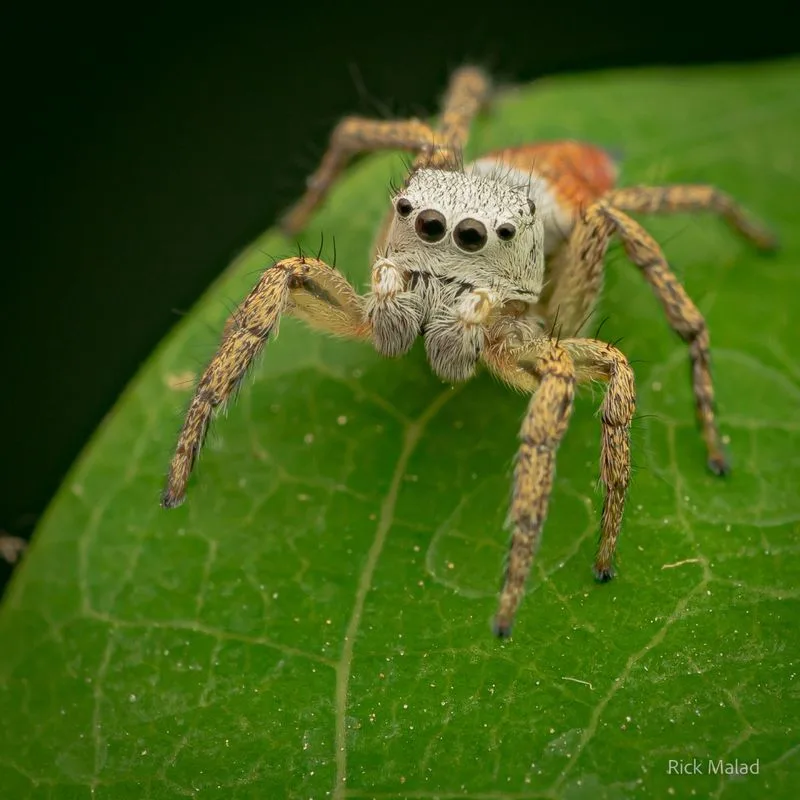
While many spiders are active at night, garden spiders can also be diurnal, enjoying the warmth and activity of the day. Their webs are often constructed in strategic spots that benefit from sunlight, catching daytime insects.
These spiders are as active as their nocturnal cousins, playing an equally vital role in garden health. By working during the day, they add another layer of protection against pests. Watching these day-loving spiders can be a delightful addition to your gardening experience.
Myth 7: Spiders Are a Sign of Neglect
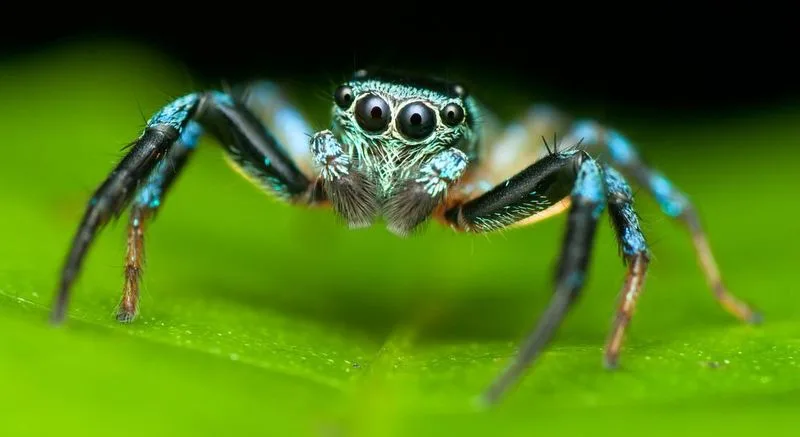
The sight of spider webs may lead some to believe a garden is neglected, but it’s quite the opposite. The presence of spiders indicates a balanced ecosystem, where other animal populations are under control.
Their webs are strategically placed to maximize efficiency in catching pests, showing the garden is thriving and diverse. Rather than neglect, spiders reflect a gardener’s commitment to natural balance. Embracing these creatures means recognizing their role in a healthy, vibrant garden environment.
Myth 8: Spiders Do Not Eat Pollinators
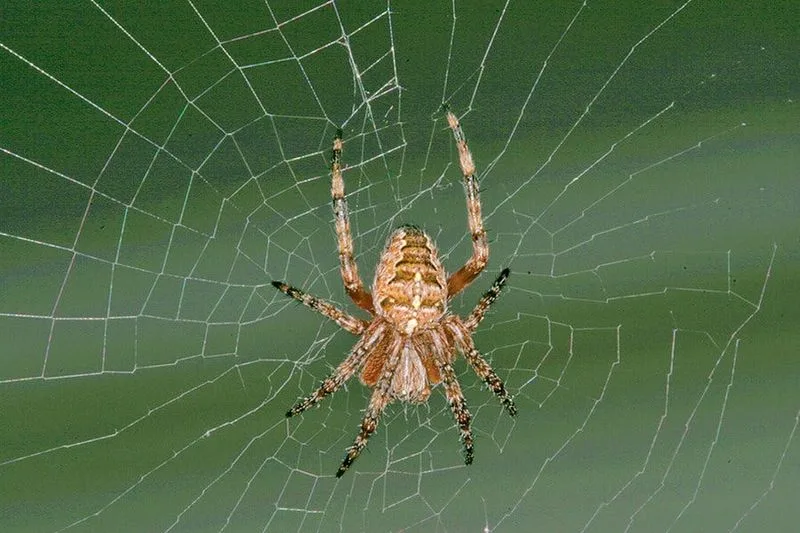
Spiders are often assumed to indiscriminately catch anything that flies into their webs, but many spiders avoid eating pollinators like bees. Their webs are designed to trap common pests, not beneficial insects.
This selective predation aids in maintaining pollinator populations, which are crucial for plant reproduction. By balancing pest and pollinator numbers, spiders help sustain garden biodiversity. Understanding this aspect of their diet reveals another layer of their ecological importance.
Myth 9: Spiders Are Invaders
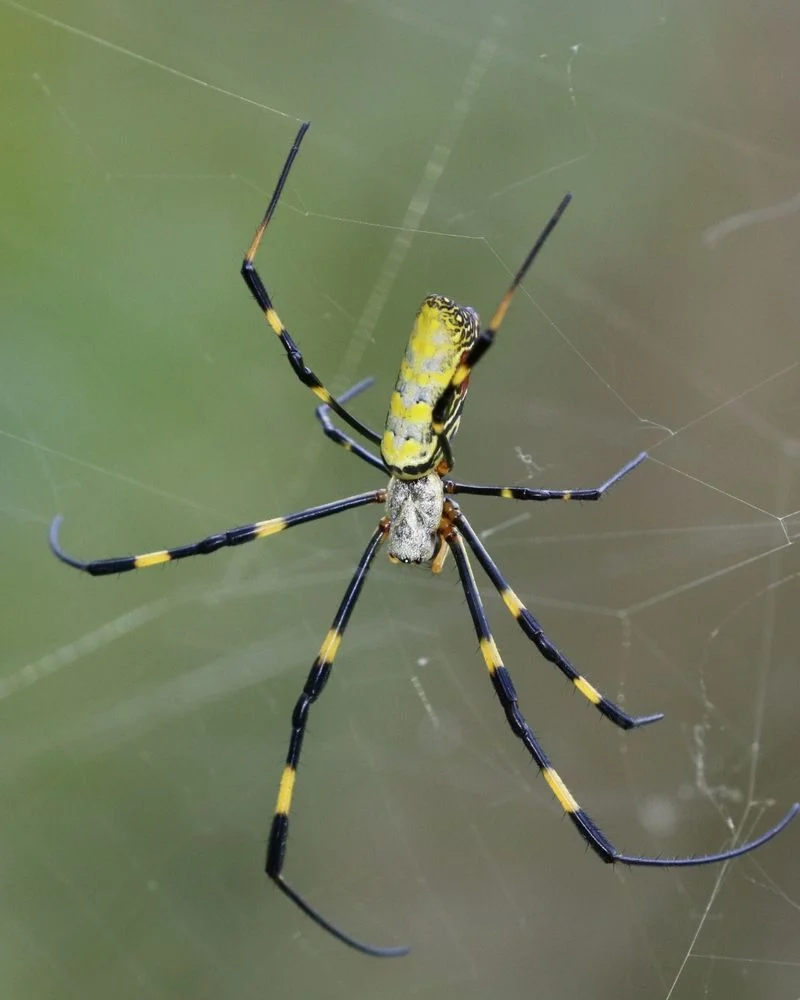
Many garden spiders are native species, integral to the local ecosystem. They have evolved alongside native plants and animals, playing a critical role in managing pest populations.
Their presence in the garden is a sign of ecological stability. Rather than invaders, these spiders are supporters of the environment, fostering healthy plant growth and protecting local biodiversity. By welcoming them, you acknowledge the intricate web of life they help weave.
Myth 10: Spiders Destroy Plants
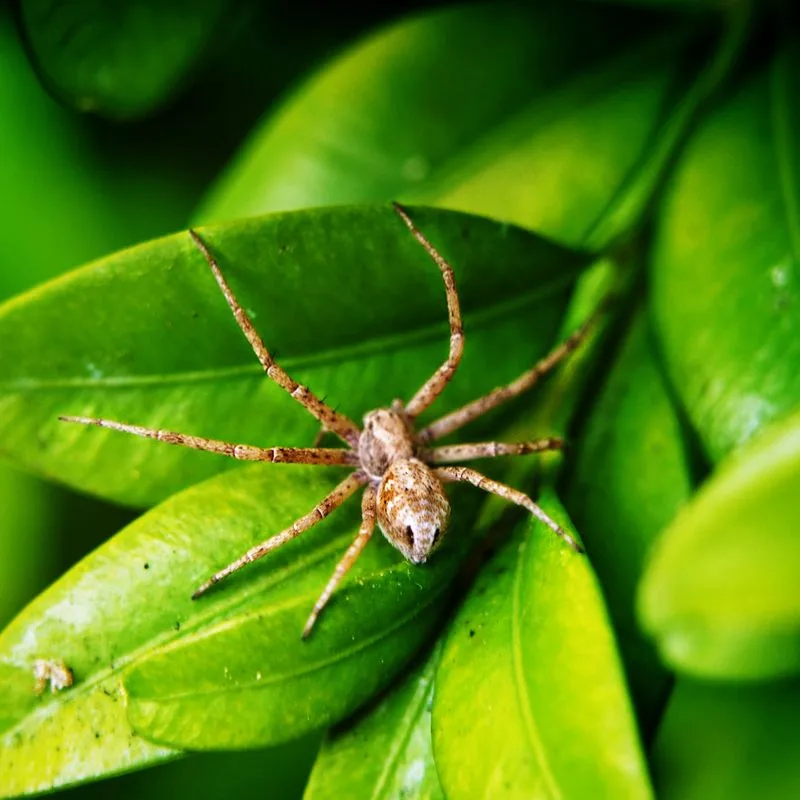
Despite their often fearsome appearance, spiders do not harm plants. Instead, they play a protective role by preying on insects that can damage foliage and roots.
Their hunting helps reduce the need for chemical interventions, promoting a more organic gardening approach. By understanding their non-destructive nature, you can appreciate their contribution to plant health. Spiders act as guardians, ensuring your garden remains lush and vibrant without harm to the plants.
Myth 11: Spiders Are Unpredictable
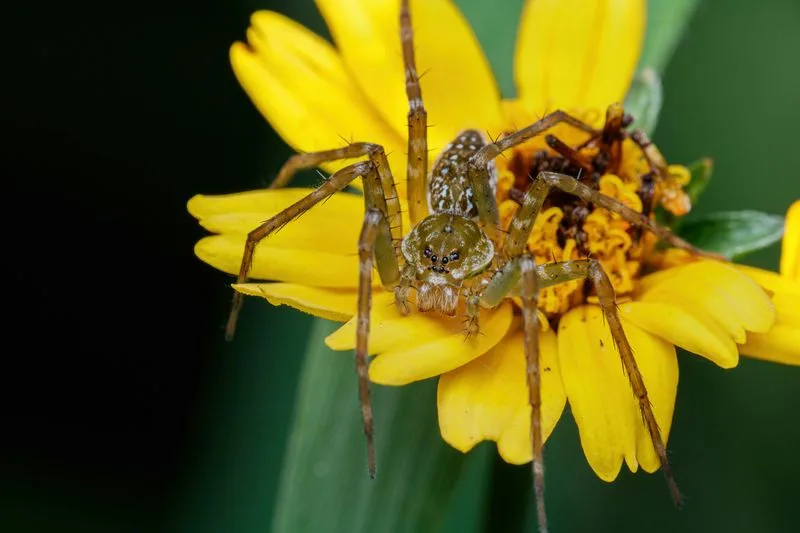
Though their movements may seem erratic, spiders often follow predictable patterns. They tend to build webs in the same locations and hunt at specific times, adding a certain rhythm to the garden.
Understanding these patterns helps gardeners coexist peacefully with them. Their predictability in behavior allows you to anticipate their role in pest control, making them reliable allies. By observing their routine, you gain a deeper appreciation for their place in the garden ecosystem.
Myth 12: Spiders Are All Alike
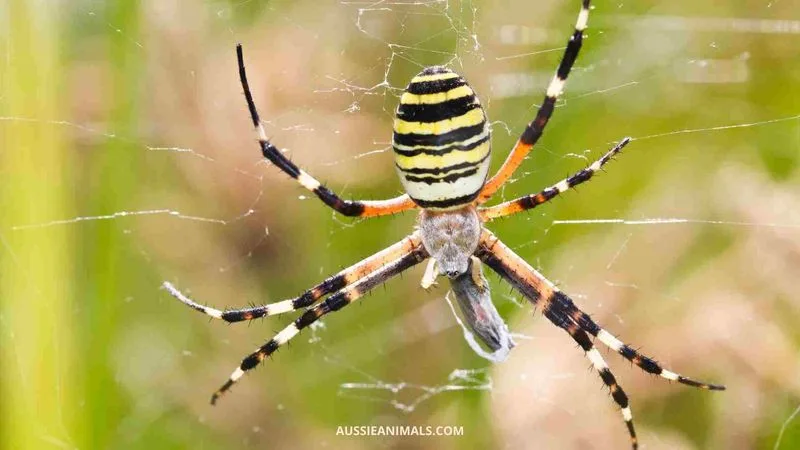
Garden spiders come in a fascinating array of shapes, colors, and behaviors. From orb-weavers to jumping spiders, each species brings unique attributes to the ecosystem.
This diversity means they can tackle different types of pests, enhancing their role in natural pest control. Appreciating the variety among spiders enriches your understanding of their ecological value. Their distinct appearances and habits contribute to the dynamic beauty of your garden.
Myth 13: Spiders Are Useless in Winter
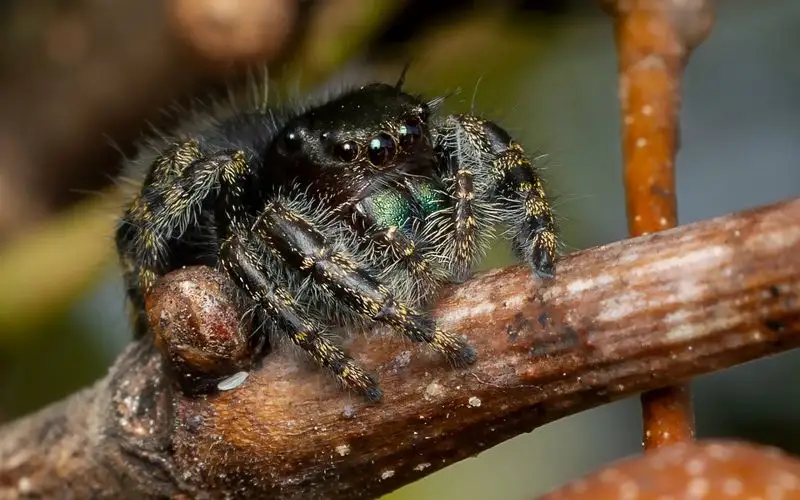
Even in the cold months, spiders remain valuable. Many species enter a state of hibernation or slow activity, ready to spring into action once warmth returns.
Their winter presence keeps them in prime locations to restart pest control as soon as the season changes. This continuity ensures garden pests are managed year-round. Recognizing their unseen winter role adds depth to their contribution to your garden’s health.
Myth 14: Spiders Are Unwanted Guests
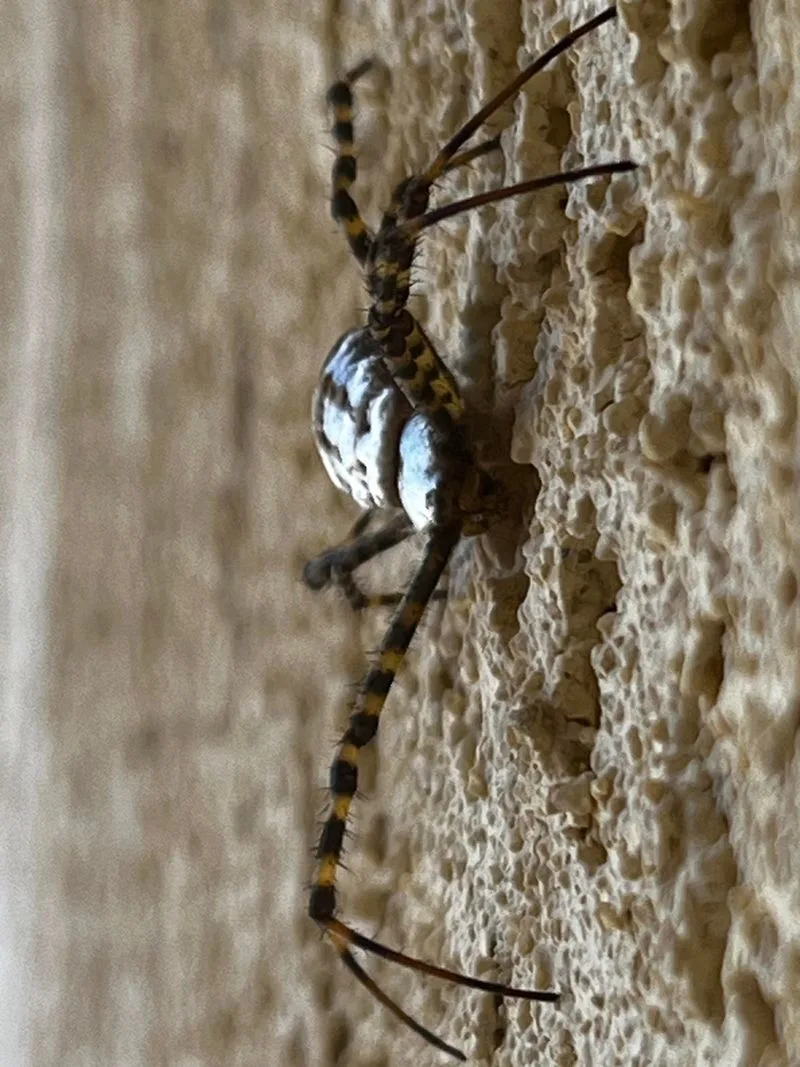
While often seen as bothersome intruders, spiders are beneficial residents in your garden. They are there to help maintain the balance, not to disturb your plants.
By controlling pests, they support plant health and reduce the need for pesticides. Viewing them as helpful guests rather than unwanted invaders changes the perception of their presence. Their silent work as guardians ensures your garden thrives in harmony.
Myth 15: Spiders Are Always Venomous Threats
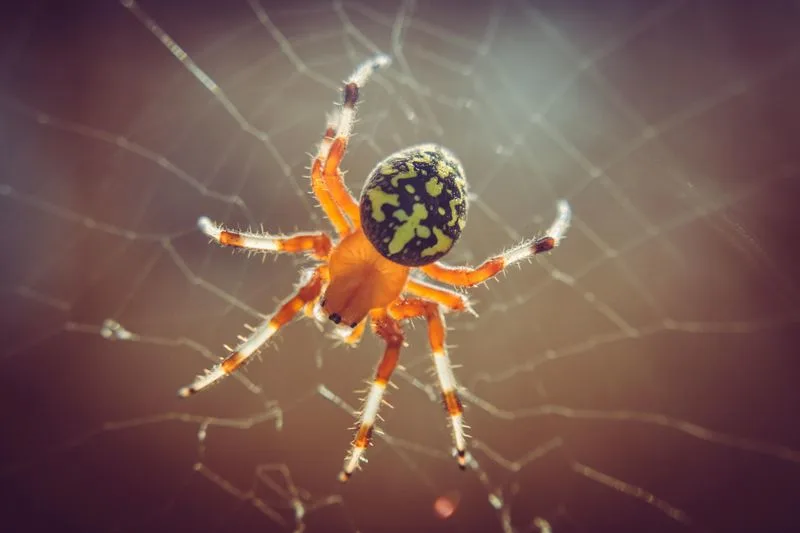
The idea that all spiders are venomous threats is largely unfounded. Most garden spiders are harmless to humans and pets, focusing their efforts on insect prey.
Their venom is intended for small pests, not larger creatures. This means they can coexist with humans peacefully, serving as a natural pest deterrent. Understanding their true nature allows you to appreciate their role as protectors rather than threats in your garden.

